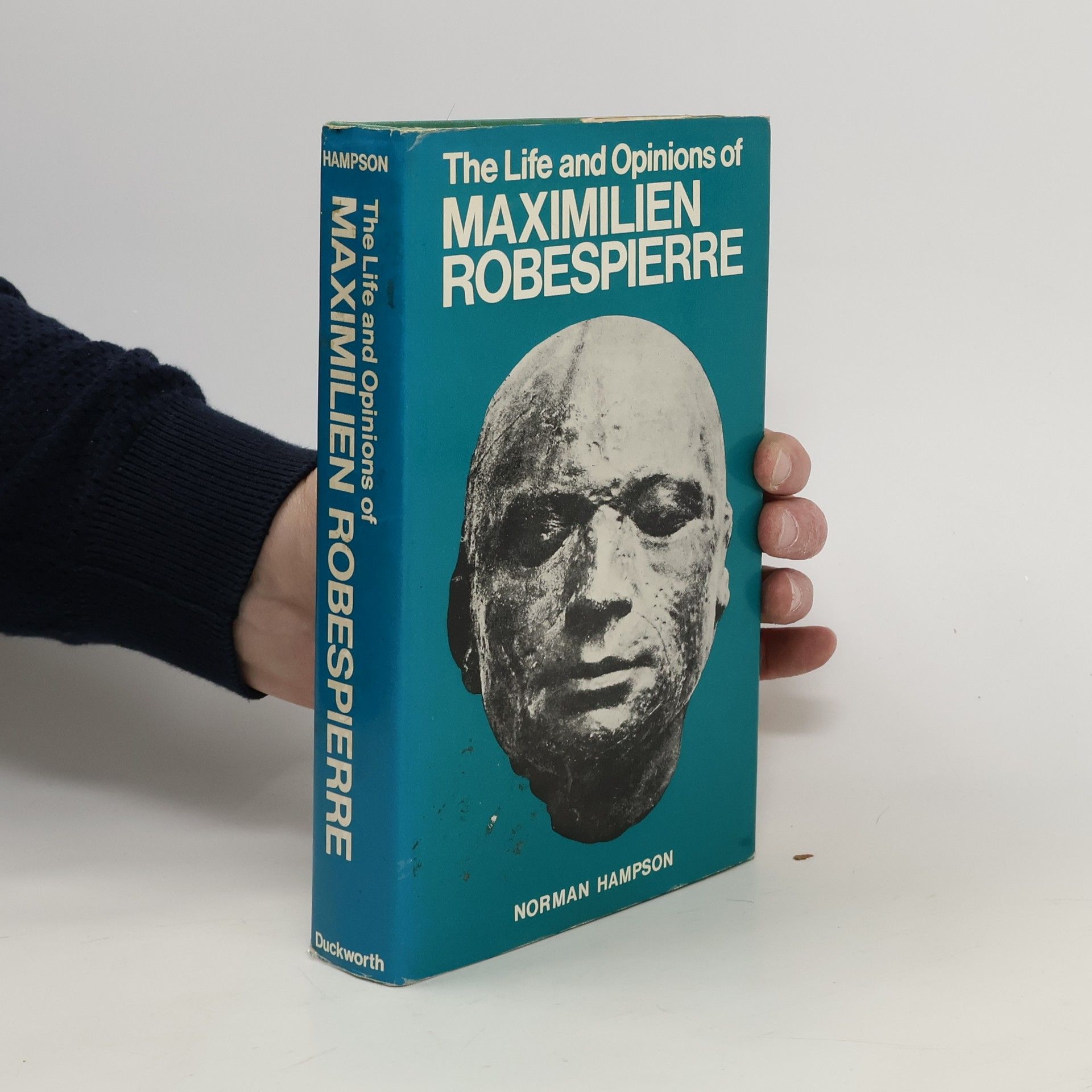Norman Hampson Knihy
Norman Hampson se specializoval na francouzskou revoluci a evropské osvícenství. Jeho práce se vyznačuje hlubokým porozuměním historickým posunům a politickým ideálům doby. Zaměřuje se na složité myšlenkové proudy a jejich dopad na společnost. Hampsonovo psaní nabízí pronikavý pohled na klíčové momenty evropských dějin.






A Social History of the French Revolution
- 288 stránek
- 11 hodin čtení
The Revolution was the product of social tensions that developed throughout France in the second half of the 18th century. Hampson analyzes the nature of these social conflicts within their political framework.
The Enlightenment
- 304 stránek
- 11 hodin čtení
Armed with the insights of the scientific revolution, the men of the Enlightenment set out to free mankind from its age-old cocoon of pessimism and superstition and establish a more reasonable world of experiment and progress. Yet by the 1760s, this optimism about man and society had almost evaporated. In the works of Rousseau, Kant and Goethe, there was discernible a new inner voice, and an awareness of individual uniqueness which had eluded their more self-confident predecessors. The stage was set for the revolutionary crisis and the rise of Romanticism. In this book, Norman Hampson follows through certain dominant themes in the Enlightenment, and describes the contemporary social and political climate, in which ideas could travel from the salons of Paris to the court of Catherine the Great - but less easily from a master to his servant. On such vexed issues as the role of ideas in the "rise of the middle class" he provides a new and realistic approach linking intellectual and social history.
This investigation into the mind of Robespierre is now available in paperback. The book is presented as a discussion between three figures - a civil servant, a member of the Communist Party and a clergyman - representing different viewpoints in their reactions to evidence presented by a fourth figure, the narrator. In this way, the author sets out to display the contradictions in the character of Robespierre that so puzzled his contemporaries and continue to perplex historians. The book should be of interest to students of the French Revolution and general readers.
Saint-Just
- 256 stránek
- 9 hodin čtení